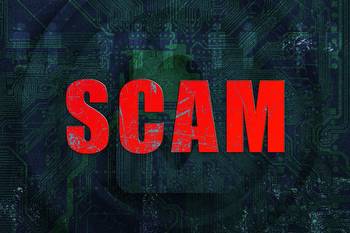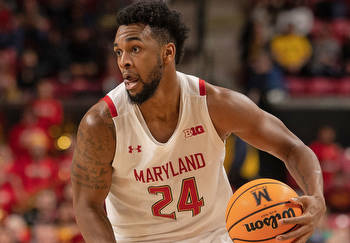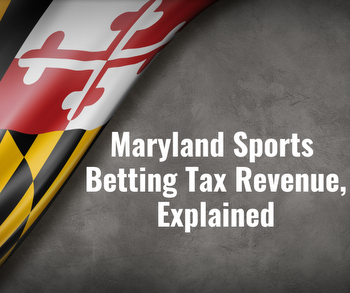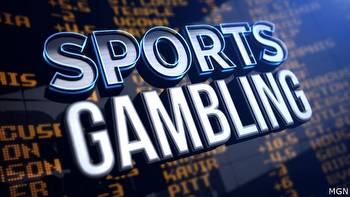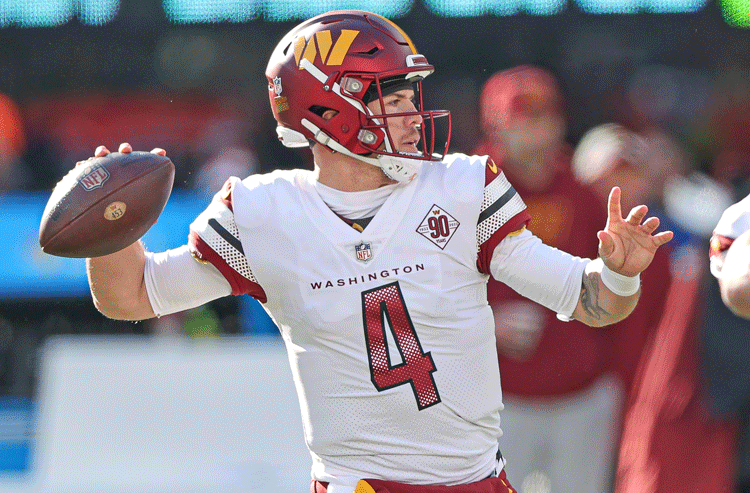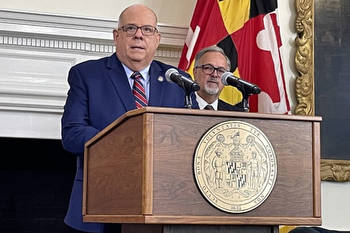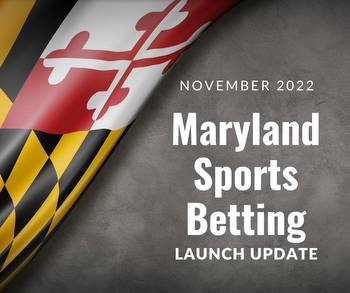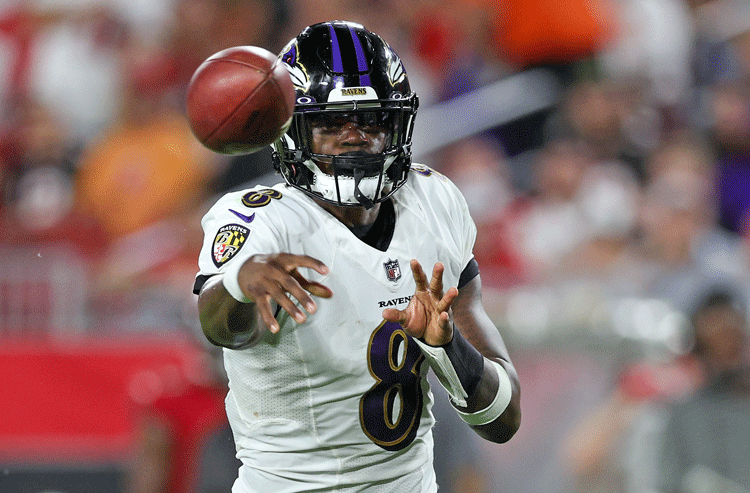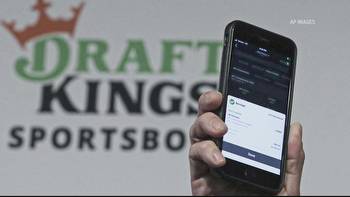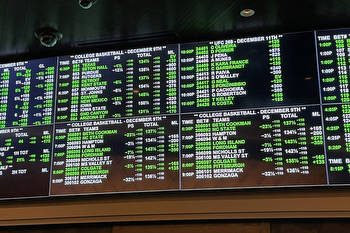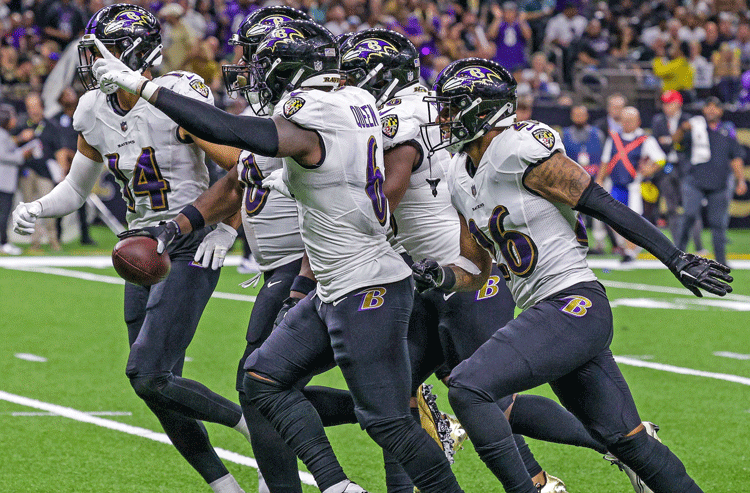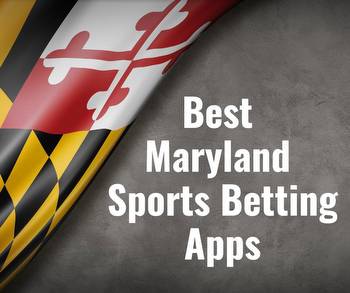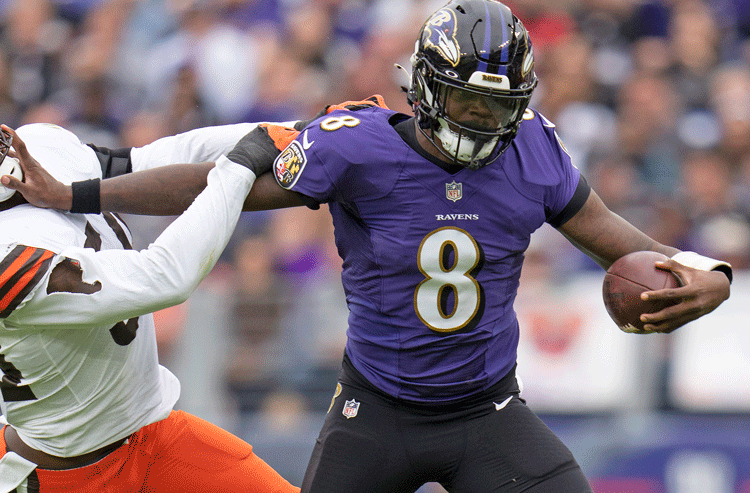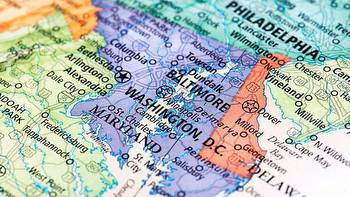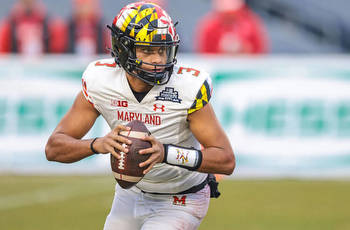Maryland gambling regulators block sportsbooks’ play to ease oversight of offers to bettors
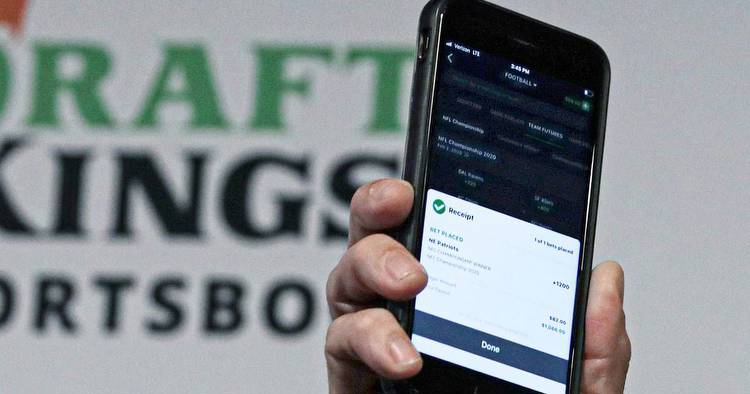
Leading sports betting companies, eager to gain footholds in the growing Maryland market, asked the state to roll back rules intended to safeguard bettors from misleading promotional offers, according to documents obtained by The Baltimore Sun in a public records request.
The state records show mobile sportsbooks, which began operating in Maryland just over six months ago, sought this spring to significantly enhance their ability to offer a variety of splashy inducements, such as free or discounted bets to lure new customers. Such promotions — often advertised in oversized or bold lettering — are popular with bettors. But the fine print is subject to scrutiny from state regulators for restrictions that make them less advantageous than they might appear at first glance.
Specifically, the companies asked Maryland to lift a regulation that requires them to submit a description of any promotional offer, along with its terms and conditions, to gambling regulators for inspection at least two days before putting it into effect.
The operators suggested instead that they only be required to tell the state about a promotion within five business days of launching it, meaning there would be no notice or time for advance review.
“The submission of promotions prior to advertising/marketing efforts limits the ability to adequately consider promotions because of unknown variables which often accompany events that are attractive for sports bettors,” said the industry proposal. For example, the companies said, the requirement of two days’ notice meant they couldn’t immediately offer promotions targeting fans in certain areas right after their teams advanced to the NCAA basketball tournament.
The agency rejected the request in May. It also denied a separate request specifically from Boston-based DraftKings, one of the nation’s largest sportsbooks, to scrap a regulation that limits the total dollar amount of free bets the companies are permitted to offer in Maryland each year. The cap is tied to a formula based on how much taxable revenue each company generates in the prior year.
Both proposals are among those listed on an undated spreadsheet titled “Collective Regulation Change Requests” that summarizes suggestions the Maryland Lottery and Gaming Control Agency received from licensed operators and sports betting equipment suppliers. The agency annually invites gambling establishments to propose changes to regulations they believe are unnecessary or should be revised.
This year’s proposals began arriving in March, and the agency responded in May. With the exception of the DraftKings request, the agency says it considers the requests to be from the group as a whole, and there is no indication which company may have initiated any particular recommendation.
The spreadsheet did not contain the state’s reasons for denying the two requests. But the agency’s director, John Martin, told The Sun it seeks a balance under which sportsbooks can prosper amid a fair climate for bettors.
The state has a stake in the sportsbooks’ success. It receives 15% of sports betting proceeds — amounting to $3.9 million in April, the latest month for which figures are available — to help fund public schools.
“We’re eager for Maryland’s sports wagering industry to thrive and generate funding for education, and we’re also mindful of consumer protections,” Martin said. “We provide guidance to sportsbook operators so they may bring a variety of promotions to the market. At the same time, we feel that reviewing the details of promotions before they launch is a reasonable step that’s in the best interests of consumers.”
DraftKings declined a request for an interview to address the exchanges with state regulators. Griffin Finan, senior vice president and deputy general counsel, said in a statement that the company “takes every opportunity to collaborate with regulators and explore ways to safely enhance the sports betting experience for our customers based on best practices or learnings from other jurisdictions.”
New York-based FanDuel Group, which operates another prominent sportsbook licensed in Maryland, declined to comment, according to spokesman Chris Jones.
Sports betting companies handled more than $328 million in wagers in Maryland in April. The state has 10 mobile sportsbook operators, plus 10 “brick-and-mortar” outlets, including Horseshoe Casino Baltimore, Live! Casino and Hotel in Hanover, MGM National Harbor in Prince George’s County, Ocean Downs Casino in Worcester County, and Hollywood Casino Perryville.
Maryland casinos began accepting sports wagers at their properties in December 2021. Mobile betting — on computers, phones or other devices — began last Nov. 23 in the state.
Two days earlier, with mobile sports betting companies advertising heavily in the state, Maryland regulators emailed operators with a warning.
“Please share this with your marketing teams,” wrote Michael Eaton, director of audit and regulatory compliance for the Maryland gambling agency. “We have deemed the ‘Risk Free’ language used in sports betting promotions as predatory. Going forward it shall not be allowed to be included in any Maryland specific advertising or promotions,” Eaton wrote.
The email was sent to all the sports betting companies operating in Maryland at that time, including DraftKings; FanDuel; Reno, Nevada-based Caesars; and BetMGM, which is based in New Jersey.
In “risk-free” promotions — initially advertised in Maryland, as well as other states — bettors are typically promised a free replacement bet. If a bettor’s initial wager is a loser, they can use the replacement bet within a specified period.
An example was a DraftKings ad appearing in Maryland as mobile betting began in November. The promo, in block letters next to an image of a football bearing the NFL seal, read: “NFL THANKSGIVING RISK-FREE BET! Get up to a $10 Free Bet back if your NFL bet loses!”
Critics say “risk free” is misleading because, taken by itself, it suggests bettors can get their money back.
Other states, including Pennsylvania and Ohio, also forbid ads employing “risk free” language, and the American Gaming Association, a trade group, has come out against the term’s use.
“What’s a risk-free bet? I mean, come on,” said Steve Grantz, a Baltimore software professional and recreational gambler, said in an interview.
Grantz said he otherwise enjoys betting promotions, although he is careful to read the small print.
“You throw a $1 bet at me and guess what? It gets me looking at lines. It’s a smart way to get me to open up the app,” he said.
Tom Redmond, a Baltimore retiree who makes $5 and $10 sports bets, said he has seen enough promotions to understand a basic truth. The sportsbooks aren’t giving you money, he said, “they’re just giving you more money to bet.”
Maryland voters approved a ballot question in 2020 to allow sports betting, which was followed by the General Assembly passing a law that set parameters for the industry.
Under Maryland’s regulations, the companies could offer unlimited promotional bets in 2023, their first full year operating in the state.
After that, free play offers are limited to 20% of their sports wagering proceeds from the previous year. Companies collectively handed out $9 million in promotional play in the state in April, according to the gambling agency.
Maryland’s rationale for the cap is that abundant free bets would reduce the amount of revenue it can tax. The state’s share goes to a fund supporting the Blueprint for Maryland’s Future, an initiative to improve early childhood, elementary and secondary schools.
Maryland sportsbooks have frequently told regulators that promotions are critical to attracting and retaining customers.
Promos are popular enough that bettors often post about them — particularly when they win big — on social media, said Alexander Monahan, co-founder of OddsJam, which provides odds comparisons across many sportsbooks.
The operators “get a lot of marketing they don’t have to pay for,” Monahan said.








